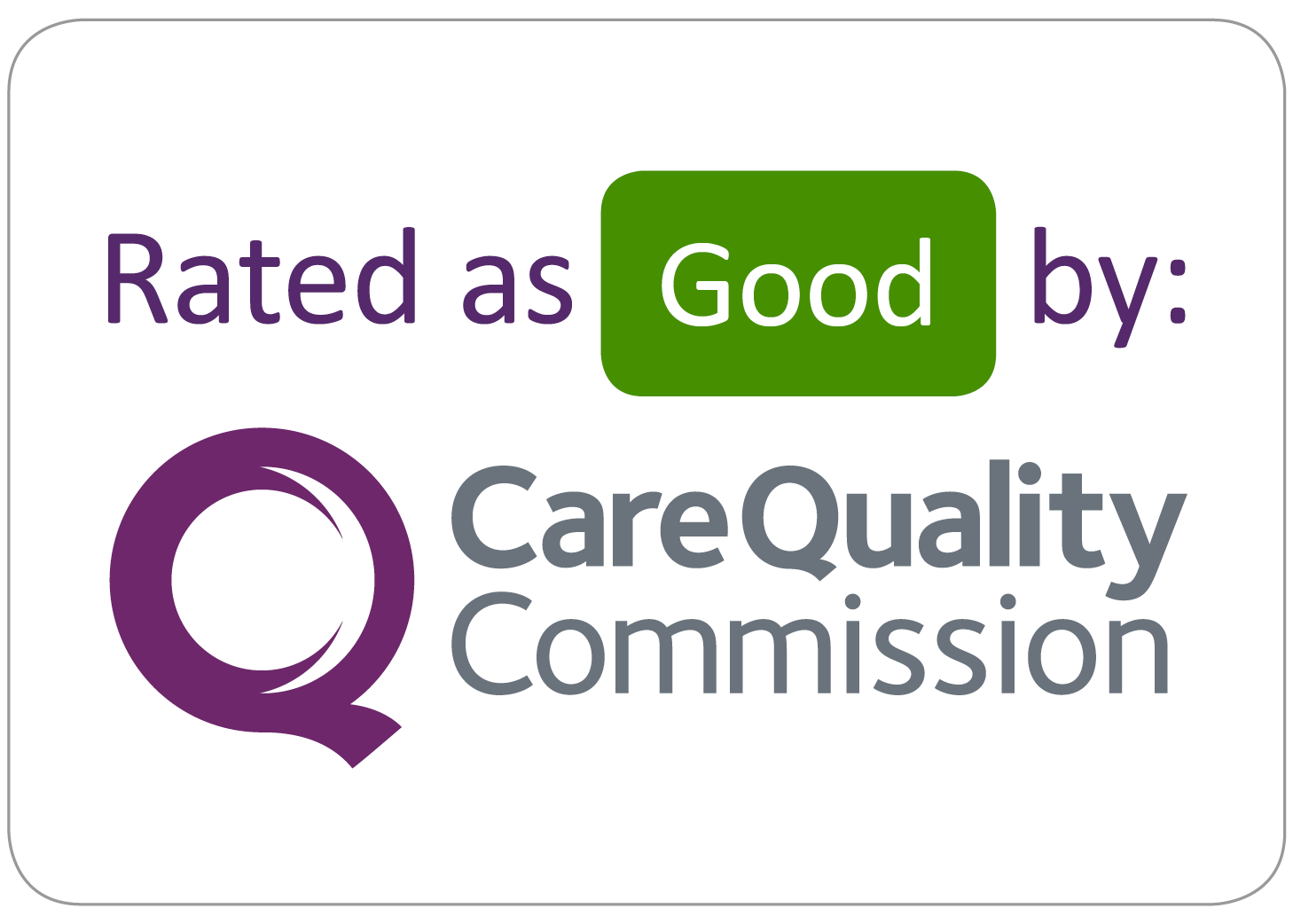General advice
Body Fluids
When you have chemotherapy there may be small traces of the drugs you have been given in your bodily fluids. These traces may be found in urine, faeces and vomit during, and for one week after your treatment. It is better for people who are not having treatment to avoid contact with traces of chemotherapy. Therefore, toilets should be flushed twice with the lid down and men are advised to sit down to urinate.
People who are not having chemotherapy should wear gloves if they are likely to come into contact with your bodily fluids e.g. if they are cleaning up a spill. You can get further advice about cleaning up spills of bodily fluids and waste from your hospital team if you need to.
Vaccinations
Please consult your chemotherapy nurse or consultant for the latest advice on having vaccinations, including flu jabs.
Dentist
It is important to keep your mouth, teeth and gums in good condition during chemotherapy. Look after your teeth before you have chemotherapy. It is best not to have major dental work, for example having teeth taken out, when you blood count is low. Please discuss this first with your hospital team.
Alcohol
You can carry on drinking a small amount of alcohol if you feel like it. Very few chemotherapy drugs react badly to alcohol but drinking may make you feel sick.
Holidays and travel insurance
If you are planning a holiday, please discuss this in plenty of time with the hospital team because they may have to change your treatment. It is important to discuss any vaccination for foreign holidays with the doctor. Do not have any 'live virus' vaccinations while you are on chemotherapy. These include polio, measles, rubella, MMR, BCG (tuberculosis), yellow fever and oral typhoid.
You will need to tell the travel insurance company about your illness and treatments. (They may ask for a letter from your doctors to say that you are well enough to travel).
Driving
You can usually carry on driving as normal as long as you feel well enough to do so. However, your insurance company might like to know about any changes to your health and the treatment you are having.
Occasionally, it may be necessary to contact the DVLA. Your doctor can advise you on this.

















